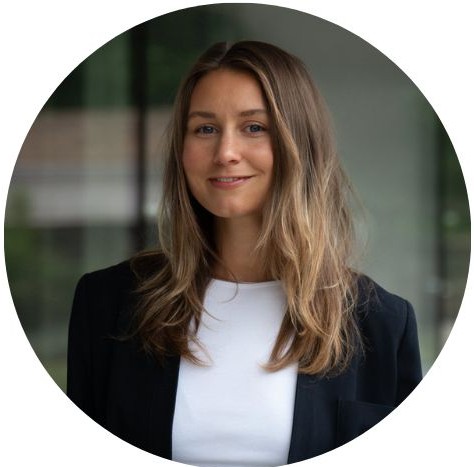Venue: Centre Broca
On zoom : https://u-bordeaux-fr.zoom.us/j/88169680680

Anna Matsulevits
Team Groupe d’imagerie neurofonctionnelle (Thiebaut de Schotten)
IMN
Title
Relevance of Disconnectome Approaches for Prognostication following Ischemic Cerebral Infarct
Abstract
The human brain is both the seat of self and the instrument of inquiry, uniquely positioned as both the subject and object of scientific investigation. In this thesis, I explore how the disruption of brain architecture, particularly white matter connectivity, following ischemic stroke accelerates neurodegenerative processes and impacts recovery trajectories. By leveraging the power of artificial intelligence (AI), this work aims to synthesize, model, and predict the cascading effects of vascular insults on the structural and functional integrity of the brain.
To address the complexity and urgency inherent in stroke care, the thesis presents a series of methodologically interconnected studies. These span from the acute to the long-term phase of stroke, unified by the goal of enhancing diagnosis, understanding, and prognosis. First, I developed DeepDisco, a deep learning-based framework capable of synthesizing individualized maps of white matter disconnectivity from binary lesion data. By reproducing disconnection patterns within milliseconds, DeepDisco provides a scalable and clinically viable alternative to traditional tractography-based approaches and improves symptom prediction by reducing noise in connectomic profiles.
Second, I introduced SynthPerf, an AI-based tool designed to generate perfusion-like maps critical for identifying salvageable brain tissue, using routinely available MRI sequences. This innovation eliminates the need for contrast agents and reduces imaging delays, making perfusion assessment more accessible, particularly in resource-limited settings.
To assess the real-world relevance of these tools, the thesis coordinated the NeuralCup, a multi-institutional competition inviting leading stroke outcome prediction teams to apply their methods to a shared dataset. Through a systematic comparison of diverse modeling strategies, we identified not a single best approach, but a context-dependent framework: cognitive, motor, and global outcome predictions benefited from different combinations of imaging modalities and analytical strategies. This suggests the need to move beyond one-size-fits-all models towards tailored, domain-specific prediction recipes.
Expanding beyond stroke, the thesis introduces the concept of microstructural neurobiological signatures, multi-dimensional fingerprints capturing disease-specific alterations in tissue architecture. Using large-scale datasets and dimensionality reduction techniques, I propose a morphospace that situates these profiles within a continuum of neurodegenerative processes. By modeling how these signatures evolve over time and correlate with structural disconnection, we lay the foundation for spatiotemporal gradients, a framework capable of tracking disease progression dynamically across both space and time.
Altogether, this thesis illustrates how AI-driven tools can augment neuroimaging to render invisible pathophysiological cascades visible, thereby enhancing clinical workflows and enabling more personalized care. The proposed models and conceptual frameworks pave the way for early diagnosis, targeted intervention, and long-term monitoring of neurological diseases, ultimately contributing to the broader goals of precision medicine. By integrating biology, imaging, and computation, the work conducted during the PhD seeks to transform our capacity to understand, predict, and eventually prevent the chain reactions of brain disease.
Key words
Stroke, disconnectome, deep-learning, white-matter, brain connectivity
Publications
Jury
Reporters: Daniel Margulies, Stephanie Forkel
Other Members: Mallar Chakravarty, Marine Lunven
Supervisors: Michel Thiebaut de Schotten, Thomas Tourdias

